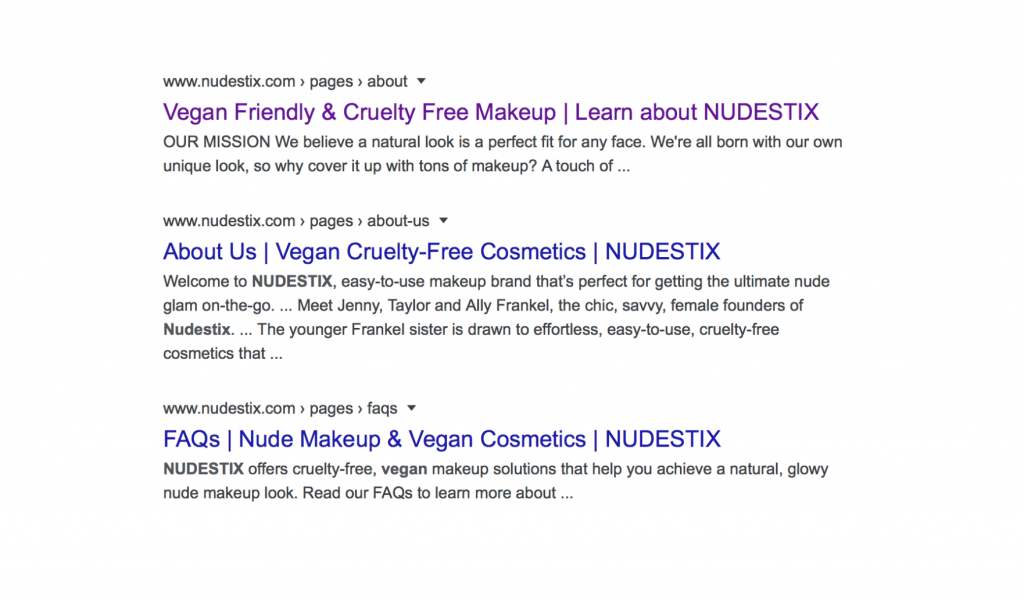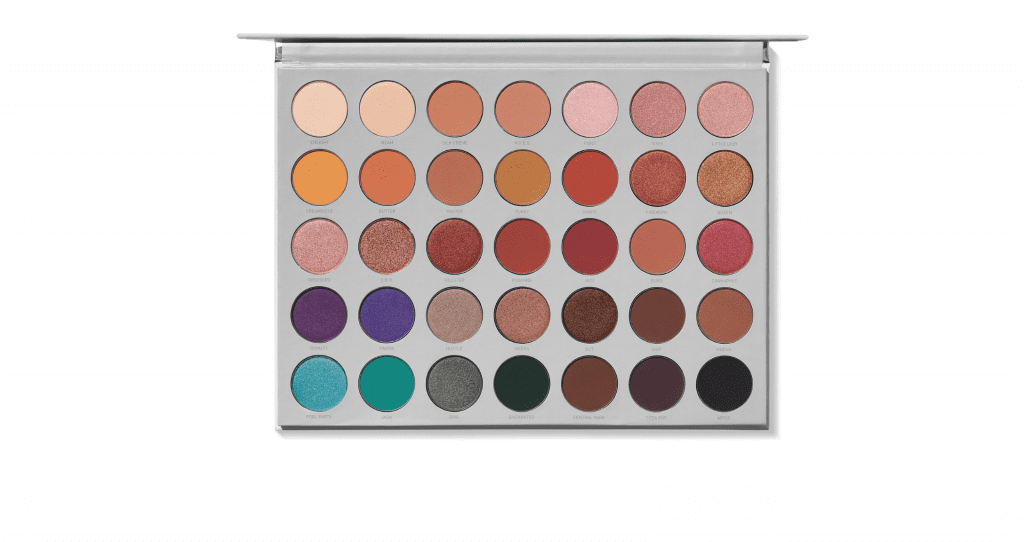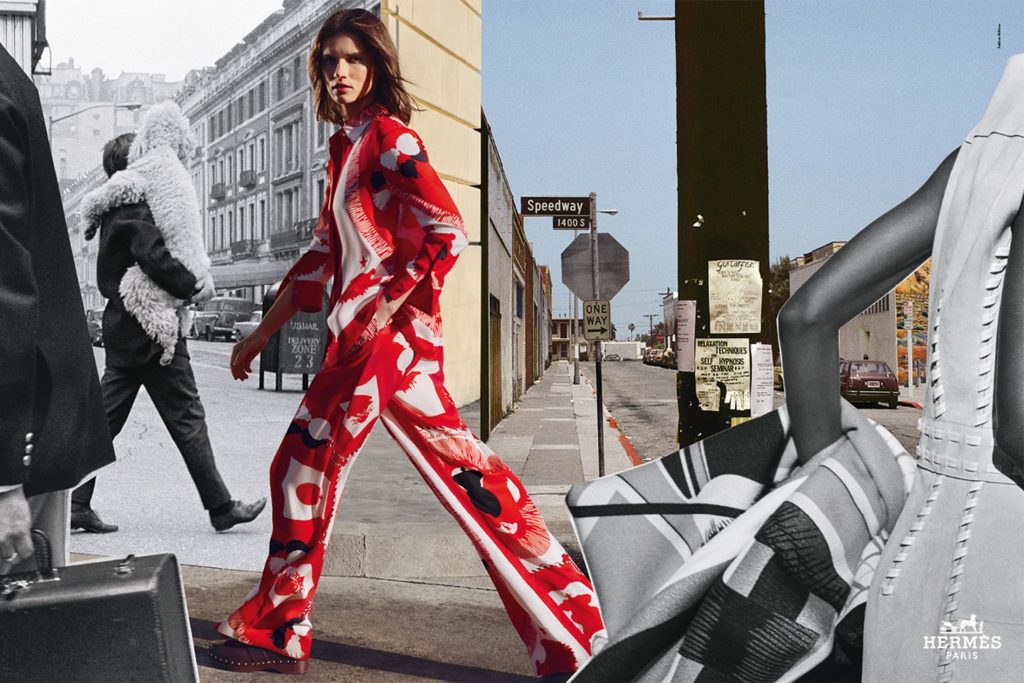In early 2017, Jacyln Hill devotees were beaming with anticipation. Rumor had it that the heavily-followed beauty vlogger would embark upon her “biggest collab yet” with influencer-driven beauty brand Morphe. Unlike past collabs, this one would see her offer up a painstakingly-crafted eyeshadow palette that had been years in the making. The highly-anticipated palette, which would consist of 35 colors all created entirely from scratch (as opposed to using Morphe’s stock colors), would sell out immediately when it first debuted that summer. In addition to being affordable, the $38 palette was revealed to be “completely vegan,” putting it neatly in line with a huge selection of Morphe’s other animal product-free offerings.
In a testament to the demand for all things Jaclyn Hill, the palette not only sold out in the blink of an eye when it first dropped in 2017, it has flown off Morphe’s e-shelves on several occasion thereafter. With each new restock, the in-demand palette continued to bear the vegan designation … until it didn’t, something that caught the eye of consumers and TINA.org, alike.
This week, the Connecticut-based non-profit, advertising watchdog called foul on 29-year old Hill and Morphe, accusing the heavily-followed influencer and her buzzy beauty brand partner of quietly modifying the formulas of dozens of products that had previously been marketed and sold as “completely vegan.” On the list of altered products? The best-selling Morphe Jaclyn Hill Eyeshadow Palette.
As TINA.org reported on Tuesday, as of early this year, “you can’t find the palette in the vegan beauty section [of Morphe’s website] anymore,” noting that “it is unclear when the palette ceased being vegan in part because changes to the product’s formula were not confirmed by Morphe until February 29, when the company, in response to growing customer unrest,” revealed in a statement that it has, “indeed, made formula modifications to Jaclyn’s original Morphe palette.”
One of the main problems with that, according to TINA.org is that Morphe’s statement “did not specify the formula modifications – namely, the addition of the ingredient carmine, a red dye made from crushed insects – resulting in the product losing its vegan status.” And the fall-out over Morphe’s less-than-entirely transparent move to introduce animal products into the palette’s ingredients has not been limited to concern and confusion amongst consumers, although that is certainly a key element at play, with consumers shaming the brand and calling for more straightforward communications about its offerings. It raises questions, per TINA.org, about the ingredients of “the hundreds of remaining products” on Morphe’s site, many of which the company claims are “100% vegan.”
The incident is hardly an isolated one. In fact, it follows from calls of foul play in connection with “vegan” beauty brand Nudestix, which found itself in hot water with consumers and an Instagram watchdog late last year when it was revealed that some of its products were potentially not vegan at all. According to beauty industry call-out account Estée Laundry, while Nudestix has marketed itself as an entirely “Vegan Cruelty-Free” brand since its launch in 2014, it has reformulated a handful of formerly vegan products – from concealer to lip/cheek pencils – to include ingredients like insect-derived carmine and bee-byproduct Cera Alba, thereby, robbing these products of their vegan status.

All the while, Nudestix continued to tout itself as a vegan brand – and still does – despite boasting an array of products that make use of animal derivatives and that lack a “vegan” designation on its site, something that could serve to mislead consumers given the brand’s enduring marketing of itself as a “vegan” brand.
These instances are worthy of attention, not just due to the potential for public relations blowback, but because the labeling of a product as “vegan” when it contains animal derivatives brings potential consequences from a legal standpoint. Such instances could well be false advertising lawsuits in the making, as claiming a product or brand, as a whole, is “vegan” is likely to be treated as an objective and actionable claim by a court, and thus, not written off as mere puffery, which refers to “exaggerated advertising, blustering and boasting upon which no reasonable buyer would rely” (in the Ninth Circuit). The Federal Trade Commission (“FTC”) has its own definition of puffery, which it says refers to “marketing claims “that ordinary consumers do not take seriously.”
To date, most vegan-specific false advertising claims have been lodged against food chains and manufacturers, with Burger King, for instance, being sued in November 2019 on the basis that its tagline for the Impossible Whopper, which declares that it is “100% Whopper, 0% Beef,” is misleading because it is allegedly contaminated by meat by-product because it gets cooked on the same grill as other meat products.
That does not mean, however, that the burgeoning vegan cosmetics market is not ripe for legal treatment. In fact, in September 2019, the FTC took on Miami Beach-based retailer Truly Organic for its practice of advertising its products as vegan, “even though certain products contain non-vegan ingredients like honey and lactose.” In furtherance of a court order filed in October, the company is formally barred from making “similar deceptive advertising claims,” including “false and/or unsubstantiated claims, that any good or service… is vegan,” while also being forced to pay a $1.76 million judgment.
The increased emphasis on vegan products (and potential legal wrongdoing) comes as this segment of the cosmetics market is on track to reach $20.8 billion by 2025, according to Grand View Research, with consumers continuing to demand skincare and beauty goods devoid of animal products, and an ever-increasing number of products, as well as entirely vegan brands, including a slew of buzzy new startups, coming to market in order to cater to ingredients-conscious shoppers.











